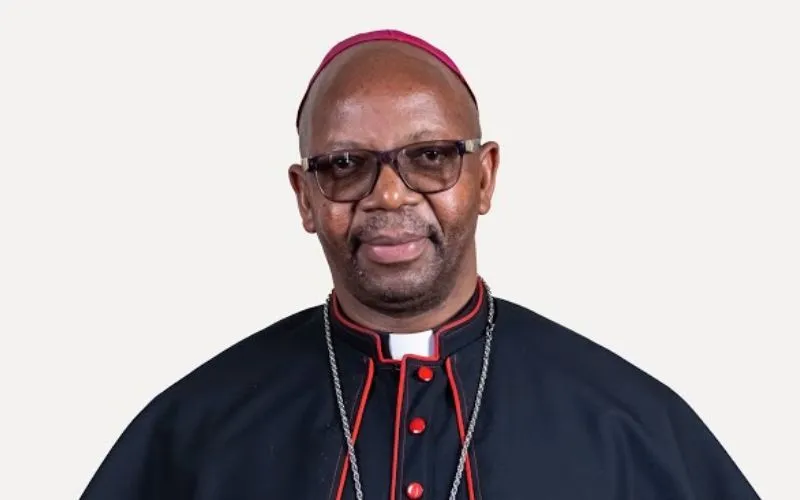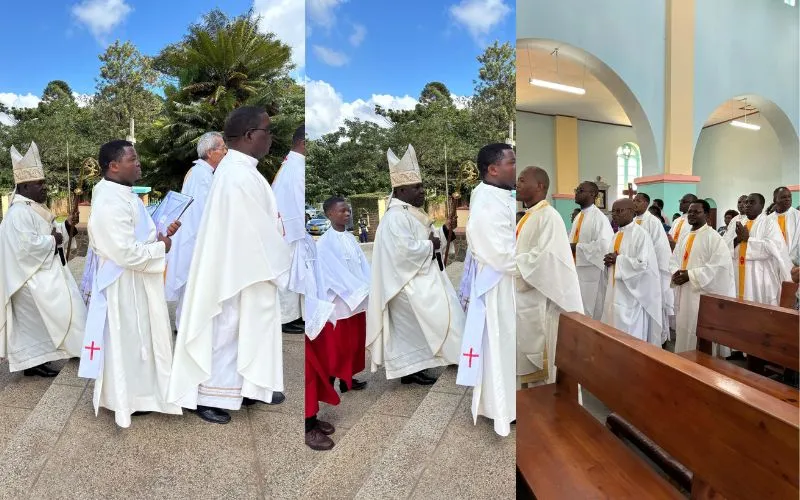Bloemfontein, 12 July, 2024 / 6:09 pm (ACI Africa).
Church leaders need to take deliberate steps to sustain associations of the Laity and other ecclesial movements, Archbishop Zolile Mpambani of South Africa’s Catholic Archdiocese of Bloemfontein has said.
Speaking during the Thursday, July 11 virtual conference that the Association of Member Episcopal Conferences in Eastern Africa (AMECEA) organized under the theme, “Synod on Synodality: Lay Associations and Ecclesial Movements, the Church’s Charismatic Dimension”, Archbishop Mpambani identified Chaplaincy, Spiritual Direction and membership on Pastoral Councils among ways to sustain lay groups.
“We should never leave any association without a Chaplain or a Spiritual Director because it is very important that they get some direction, particularly from the Church’s point of view and the magisterium point of view,” he said.
The South African Catholic Archbishop emphasized the need to assign Chaplains and Spiritual Directors to groups of the Laity in Parishes and other Church institutions.
In a separate presentation, the Secretary General of AMECEA, Fr. Anthony Makunde highlighted Spiritual Direction among the gaps in the functioning of associations of the Laity and other movements in the Church.








